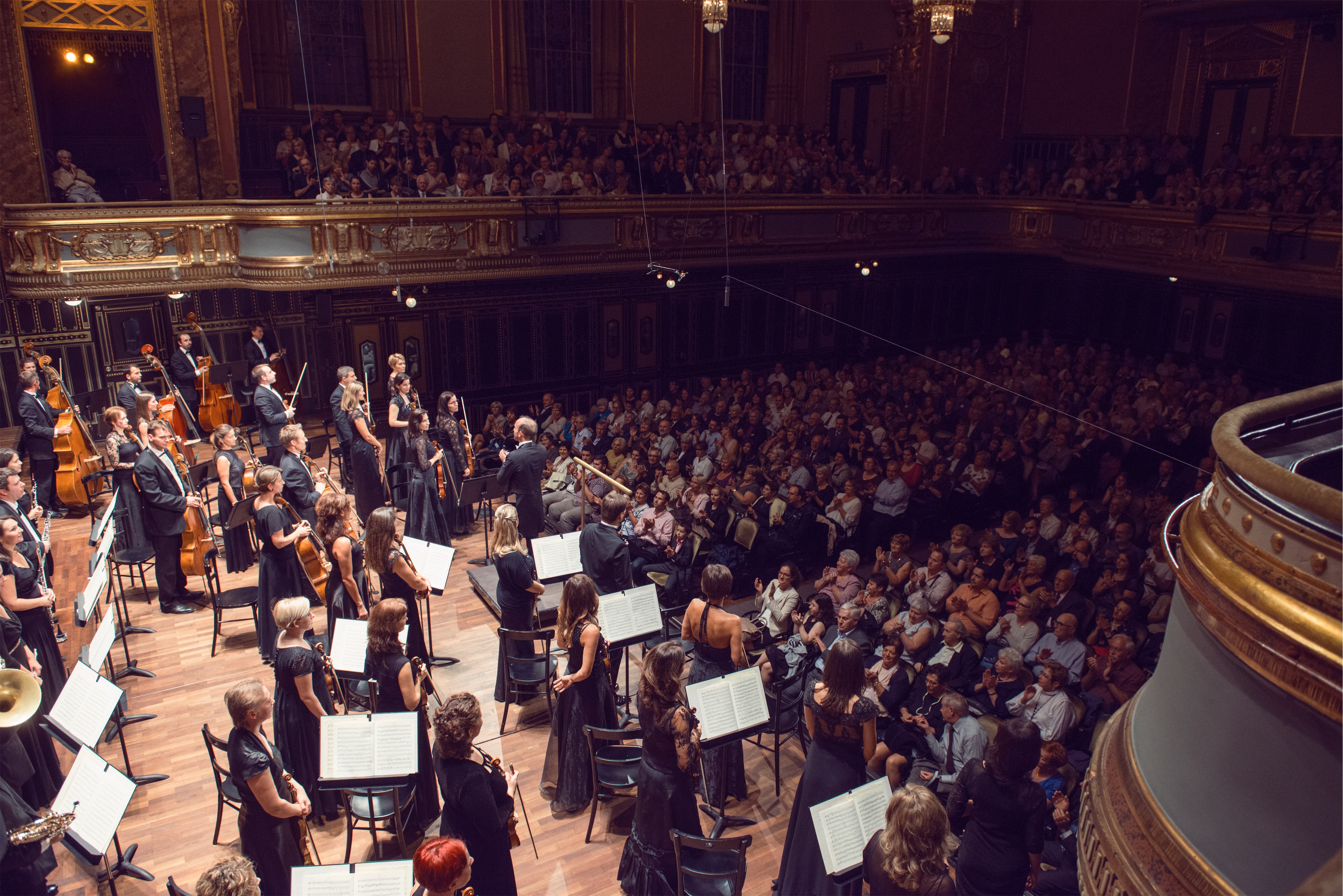To mark the 250th anniversary of Ludwig van Beethoven, Budapest’s Danubia Orchestra is performing a series of concerts especially adapted for those hard of hearing. Starting on 7 February, the Beethoven Project entails two types of show, free morning ones for those registered deaf, evening ones for everyone. Artistic Director and conductor Máté Hámori explains the concept – and how highly trained classical musicians will play for an audience Beethoven himself would have appreciated.
From his birthplace of Bonn to his last resting place of Vienna, and from Mumbai to New Zealand, concert halls around the world will be filled with the music of Beethoven throughout 2020.
Here in Budapest, one particular conductor has come up with a unique way of celebrating the 250th anniversary of the world’s greatest, and most famously deaf, composer.
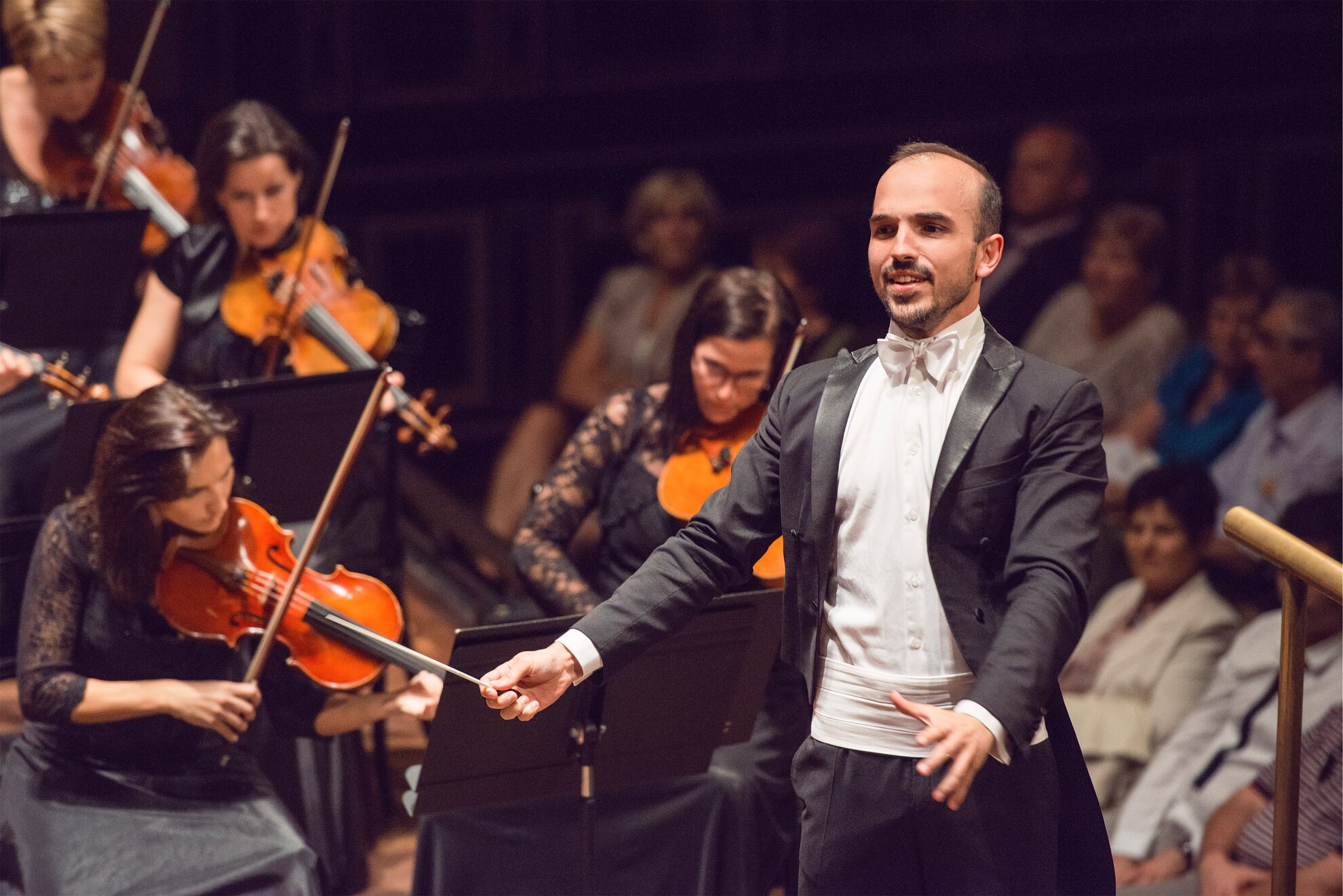
Special aids will transmit the sound vibrations and, for the adapted morning performances, members of the audience will even sit among the musicians and touch their instruments as they’re being played.
Máté Hámori, Artistic Director of the Óbuda-based Danubia Orchestra, takes up the story: “The idea came from Beethoven himself. Few realise that by the age of 20, he was almost totally deaf and he had to have all kinds of strange contraptions designed for him. He wasn’t able to hear the piano but he had a piece of wire connected to it so that he could feel each resonance”.
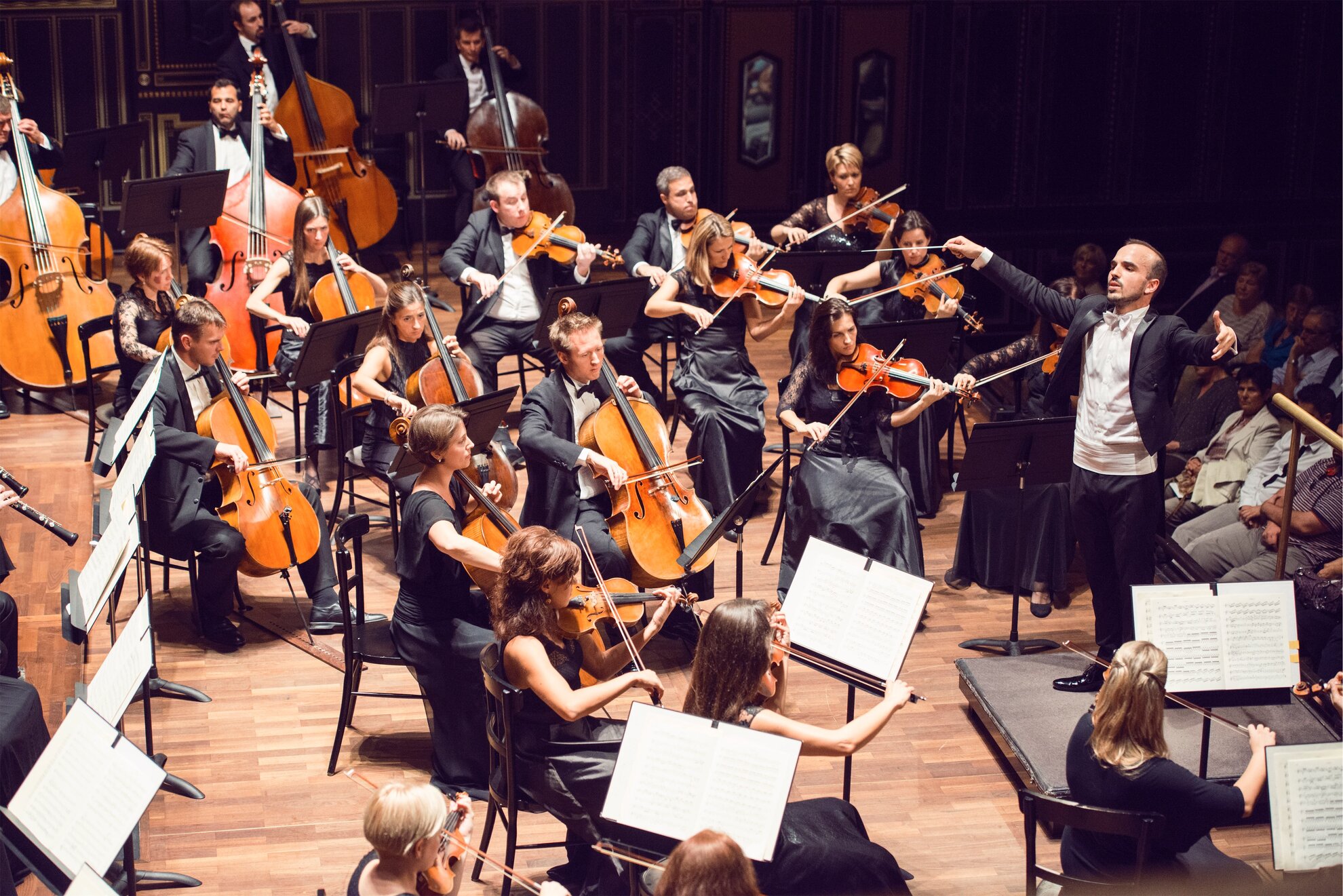
Founded in 1993, mainly by students of the Béla Bartók Conservatoire, the Danubia Orchestra Óbuda has always had an original approach to opening up music to all ages and abilities. With the arrival of Máté Hámori in 2013, this innovative yet accessible strategy has broadened. The DOÓ now rehearses in a converted cinema in the heart of Óbuda, a quaint, historic, formerly independent community north of Buda.
“Of all the social groups closed off to music, the most obvious one is those who cannot hear,” says Hámori. “The Beethoven anniversary seems the perfect occasion to help break down those barriers. We have linked up with a company that has been working on advanced technology for the hearing-impaired to come up with a series of solutions.”
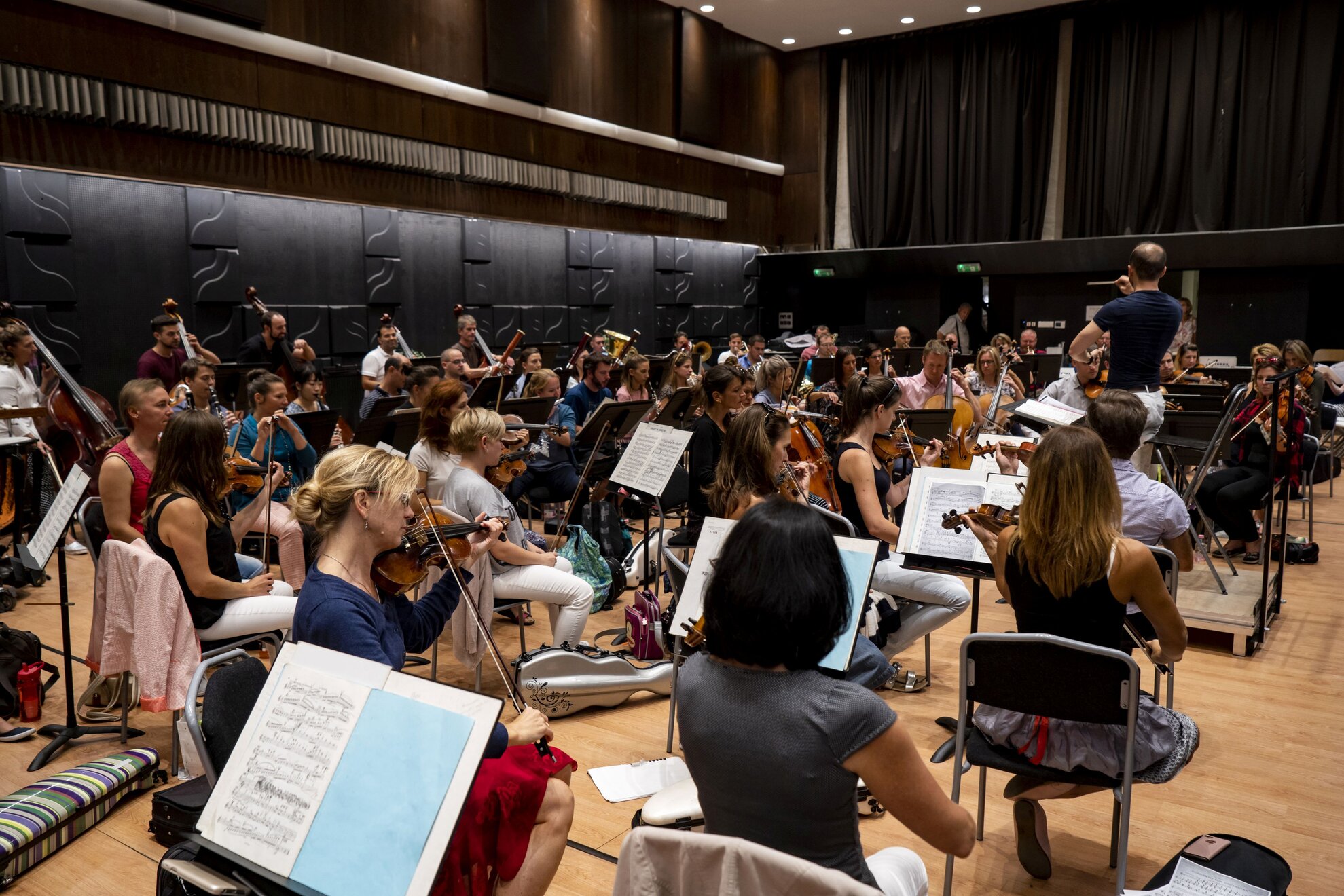
All kinds of techniques are being employed to convey the timeless music of Beethoven to every member of the audience. Special contact speakers, giant amplifiers and even a new kind of hearing aid will be deployed. For the morning shows, members of the orchestra will be joined on stage by hearing-impaired spectators, who will be able to sit with them and touch various instruments – the double bass, the bassoon – in order to feel their vibrations.
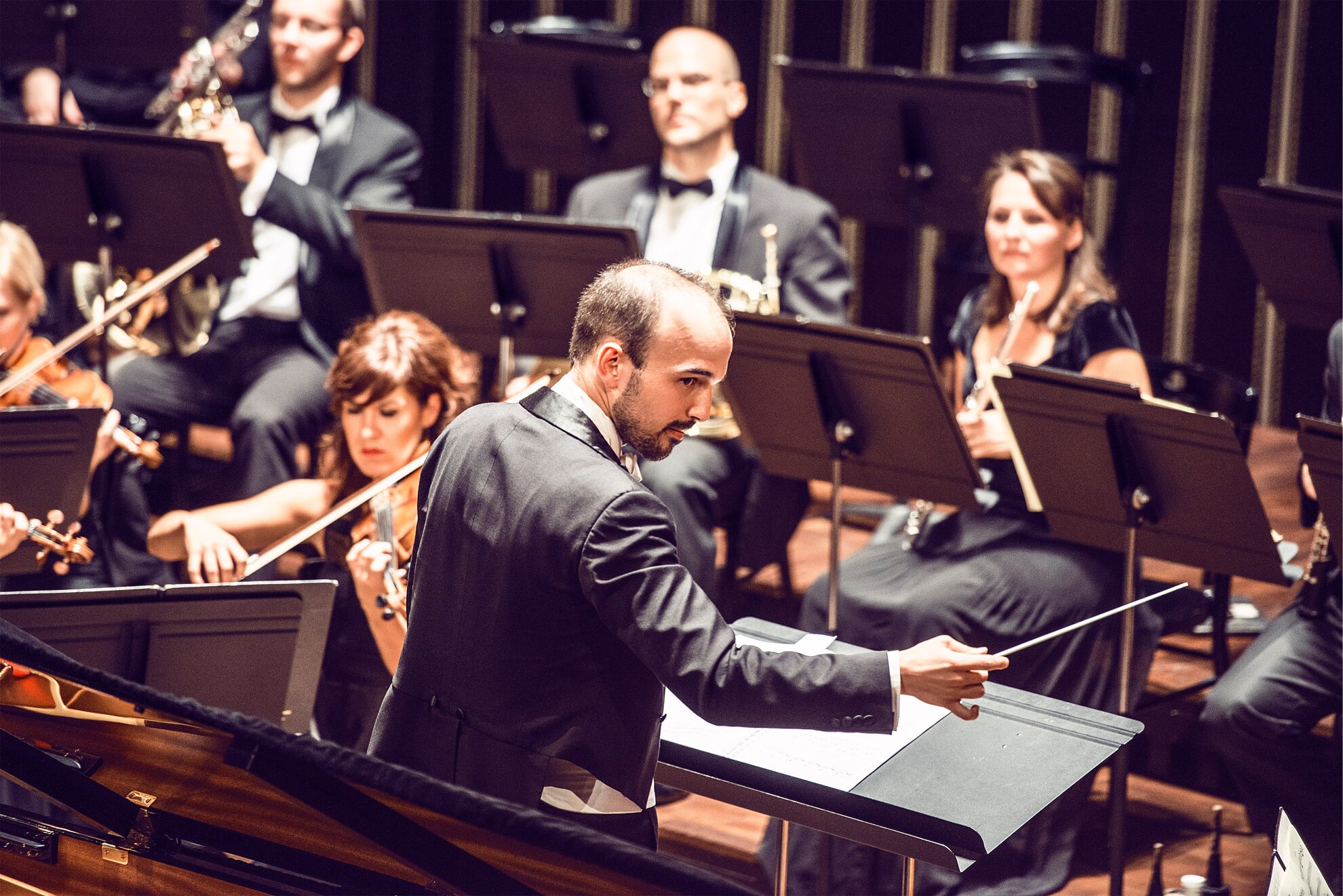
The Beethoven Project begins on 7 February with Alpha and Omega, highlighting the differences between Symphony No.1 and Symphony No.5. The special free show and public ones over three evenings all take place at the prestigious Budapest Music Center. The series then continues on 27 March and 15 May. The orchestra will be conducted by Hámori himself, who will also give a brief presentation in English for the evening sessions.
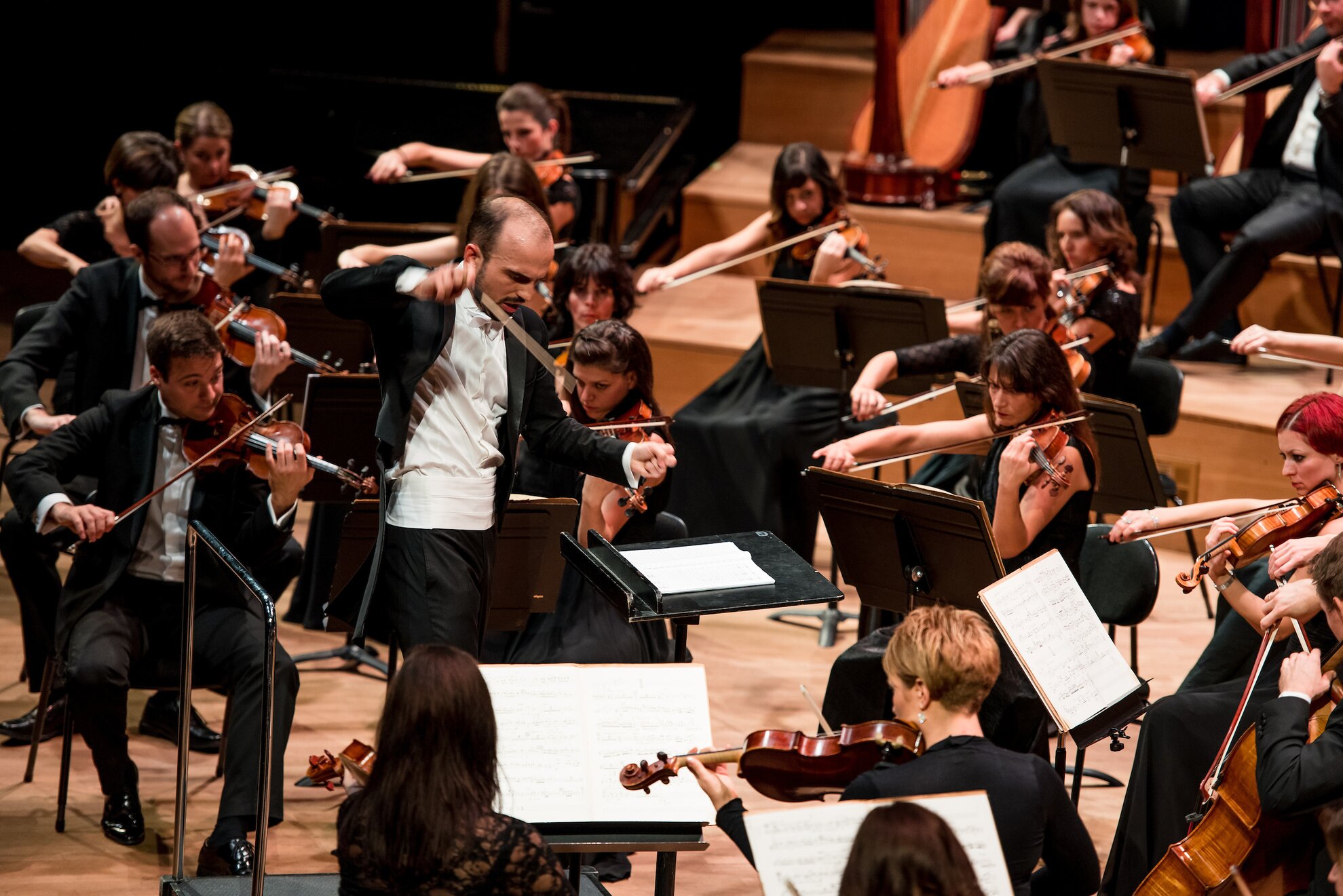
“This really is the first of its kind and we don’t know what to expect,” says Hámori. “Fortunately, our musicians are young, energetic and open-minded. They love this kind of work. Through the heart-warming power of music, we are hoping to convince hearing-impaired spectators not to be shy, to come forward and feel involved.”
Alpha and Omega – Beethoven Symphony Nos.1 and 5
7 Feb, 10am (free for the hearing-impaired – register at beethoven@odz.hu).
7, 8 & 10 Feb, 7pm, admission 2,800 forints. Tickets and information here.Further shows around 27 March and 15 May.
All concerts at the Budapest Music Center
District IX. Mátyás utca 8
